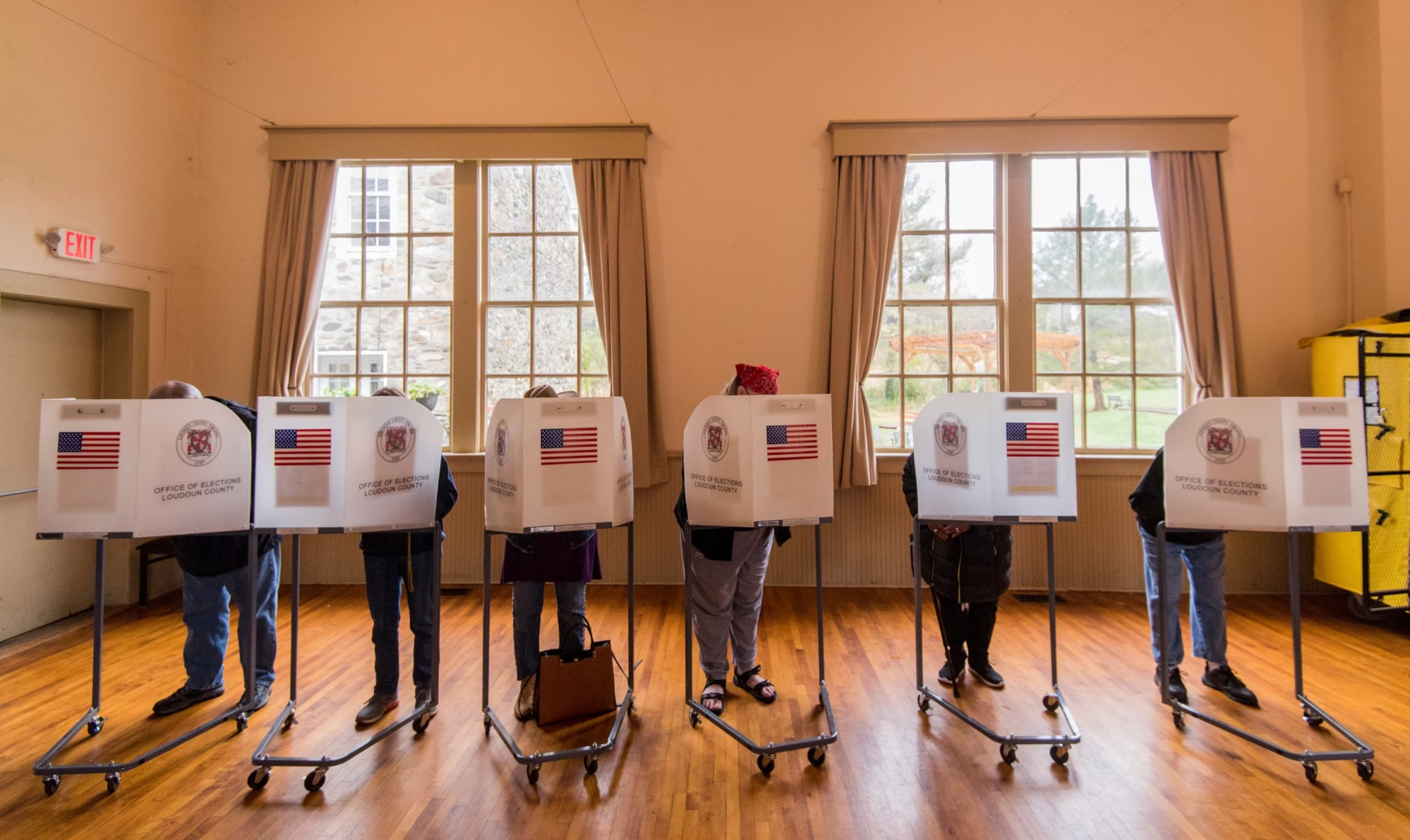State Investigations Reveal Minimal Instances of Ineligible Ballots
More than six months into President Trump’s second term, efforts by states to detect illegal voting by non-U.S. citizens in the 2024 elections have revealed very few confirmed cases. Despite early warnings about widespread noncitizen interference, recent findings indicate that such incidents are extremely rare and lack any organized pattern.
The findings come from the Center for Election Innovation & Research (CEIR), which conducted a four-month review of state-level reports and disclosures on noncitizen voting. According to the study, some states carried out detailed audits with support from federal tools, including those provided by the Department of Homeland Security (DHS). In Michigan, officials identified just over a dozen instances of noncitizen voting—equivalent to only 0.00028% of total votes cast in the state.
Variability in Reporting and Data Accuracy Among States
The report notes wide disparities in how states handle voter roll maintenance and the data they release. While some states removed individuals suspected of being noncitizens, legal reviews later found many were, in fact, U.S. citizens. In Alabama, a court halted a removal program after errors led to thousands of citizens being flagged incorrectly.
Additionally, 18 states have not reported any noncitizen voters in their systems. No evidence has emerged suggesting any coordinated attempt to manipulate the 2024 election through ineligible votes.
Election law experts emphasize that legal deterrents, such as the risk of deportation, dissuade noncitizens from voting. Moreover, many alleged cases stem from bureaucratic mistakes or confusion about eligibility rather than deliberate fraud.
Despite recurring claims about noncitizen voting over the years, current data does not support the idea that it poses a significant threat to the electoral process. Experts anticipate the issue will resurface in political discourse, regardless of evidence.



